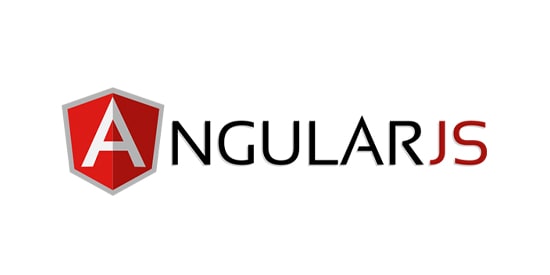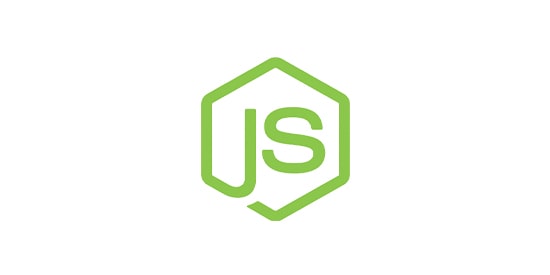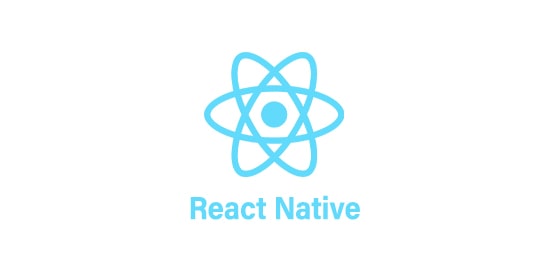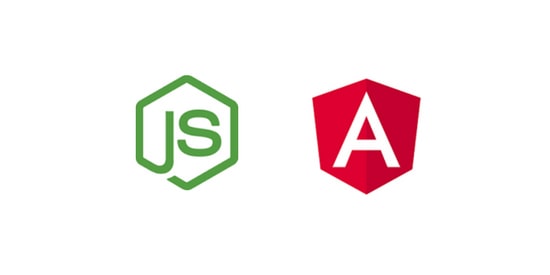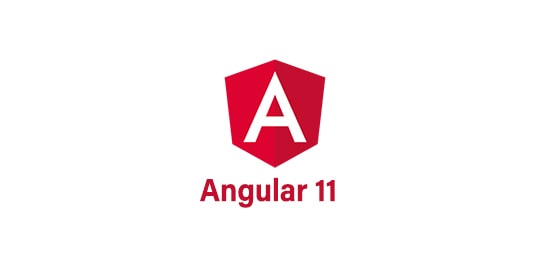Node.JS Online Training
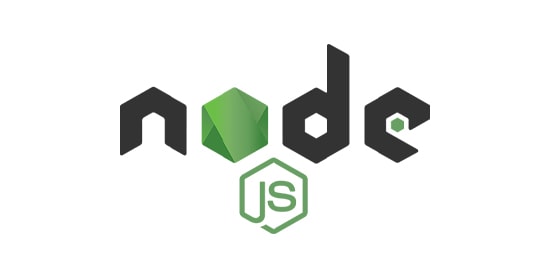
Node.JS Online Training
Node.Js Certification Training Course will make you an expert in both front-end and back-end developer techniques. Our Node.js online training will help you how to build robust and powerful web and mobile applications using Node.js. You will also get an opportunity to work on real-time projects during the training.
Course Overview
This program Node.js online training will help you in developing and deploying scalable web applications. You will also learn to build MongoDB applications, drill down into REST APIs and implement tests. You will also comprehensively gain knowledge of various concepts such as Express.js, CRUD operations, asynchronous programming, microservice architecture, and many more. By the end of the course, you will learn how to build real-time applications and deploy them on the cloud.
Key Features:
- 24/7 online support will be provided by our experts
- Flexible schedule you can plan your training session according to your convenience
- Resume preparation and placement assistance will be provided
- Real-life industry based projects will be assigned during the training period
- Mock tests and Mock interview sessions will be conducted
who should take the course?
You will get the best Node.js training course online you will learn how to reuse the entire server MVC pattern and interface for your projects in an easy way.
This course will give you an in-sight of the node.js version and why node server evolved and what made NODE a very popular and most used technology.
In this Node.js training we cover all the entire databases such as Postgres and MongoDB which also supports JSON data to know the complete JavaScript development with hands-on experience.
Top Hiring Company

Industry Trends

Course curriculum / Syllabus
- Introduction to Node.JS
- The Node.JS framework
- Installing Node.JS
- Using Node.JS to execute scripts
- The Node Package Manager
- Creating a project
- The package.json configuration file
- Global vs. local package installation
- What is shrink-wrap?
- Working with npmvet
- Working with outdated command
- Install NPM Shrinkwrap
- Asynchronous basics
- Working with Callback functions
- Working with Promises
- Working with Advance promises
- Using Request module to make api calls
- Using Asynchronous Commands
- How Node.js connects to databases
- RDBMS databases and NoSQL databases
- Connecting to RDBMS and Mongodb databases
- Performing CRUD operations
- Express JS-CRUD
- Synchronous vs. asynchronous I/O
- Path and directory operations
- What are __dirname and __filename?
- Asynchronous file reads and writes
- File System & Security
- Using buffers for binary data
- Flowing vs. non-flowing streams
- Streaming I/O from files and other sources
- Processing streams asynchronously
- File System and Security
- Working with Child Process API
- Working with Cluster API for multi-core servers
- Multi-Processing in Node.JS
- The model-view-controller pattern
- Defining Jade templates
- Configuring ExpressJS
- Postman configuration
- Using REST
- How to use JSON Data
- Reading POST data
- How to perform CRUD operations?
- Adding middleware
- Advanced options of Expressjs
- The HTTP protocol
- Building an HTTP server
- Rendering a response
- Processing query strings
- Processing posted data
- Making a HTTP Server with Node.JS using HTTP APIs
- Getting Started
- Adding Socket.io To Your App
- Exploring The Front-end
- Sending Live Data Back & Forth
- Creating The Front-end UI
- Showing Messages In App
- Working With Time
- Timestamps
- Show Message Time In Chat App
- Chat application Project
- Exploring SocketIO-Chat
- Working with gulp
- Working with grunt
- Working with unit and E2E testing
- gulp-grunt
- Unit-testing-Jest
Node.JS Online Training FAQ’s:
This Node.js online training course has been designed to help the Developers understand and build applications with the help of JavaScript. This training focuses on various important concepts of Node.js. We also provide hands-on experience in building an HTTP server with Node.js, events and multi-processing in Node.js. This training also covers Express.js, which is a powerful and web application framework that provides a robust set of features for web and mobile applications.
This course can be taken by:
Freshly graduated students who are willing to start their career in web development
Technical project managers and Technical leads
Full Stack Web Developers
QAs and Architects can take this course.
Yes. Our Node.js training is designed to give flexibility to you according to your convenience. This course is designed in a self-paced mode so that you can balance your work and learn as per your schedule.
This program is specially designed thoughtfully to make you a skilled Node.js developer to take back-end or full-stack roles in top MNC’s. By the end of the course, you will gain the following skills:
- To create sophisticated backends and RESTFUL APIs
- To build network applications and servers
- To build command line utilities and tools
- To build cutting edge server-side applications
- To use express for rapidly prototyping and building applications, APIs and services
- Deploy Node.js apps on the clouds
- Incorporate Model-View-Architecture
Yes. After the completion of Node.js online training course you will receive a course completion certificate from QTS INFO. More than the certificate, you will get to showcase your Node.js skills by working on the real-time projects.
Node.js means it is an open-source platform framework running on Mac, Windows and Linux. It is a server side JavaScript environment which runs JavaScript using the v8 engine developed by Google.
It works on a v8 environment. It is a virtual machine which uses JavaScript as its scripting language and achieves high output via non-blocking I/O and single threaded event loop.
Node.js can be used for the following purposes:
-
,li>Web applications
,li>Network applications
,li>Distributed systems and
,li>General purpose applications
There are many advantages of using Node.js as it is generally fast.
- It provides an easy way to build scalable network programs
- It provides great concurrency
- It also asynchronous everything
- It never blocks
Highlighting on the technical side, it is a bit of challenge in Node.js to have one process with one thread to scale upon multi core server.
Enquire Now
Why QTS INFO
Best Virtual training classrooms for IT aspirants
Real time curriculum with job oriented training.
Around the clock assistance
We are eager to solve your queries 24*7 with help of our expert faculty.
Flexible Timings
Choose your schedule as per your convenience. No need to delay your work
Mock projects
Real world project samples for practical sessions

